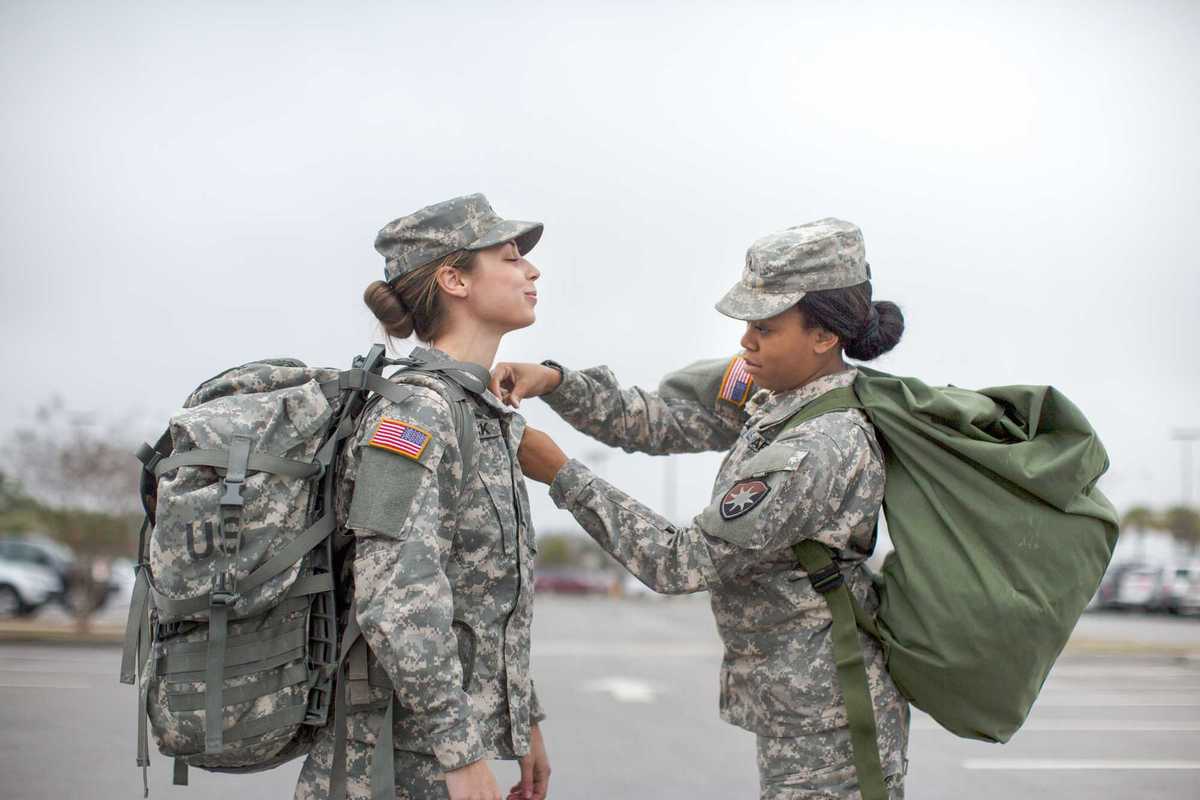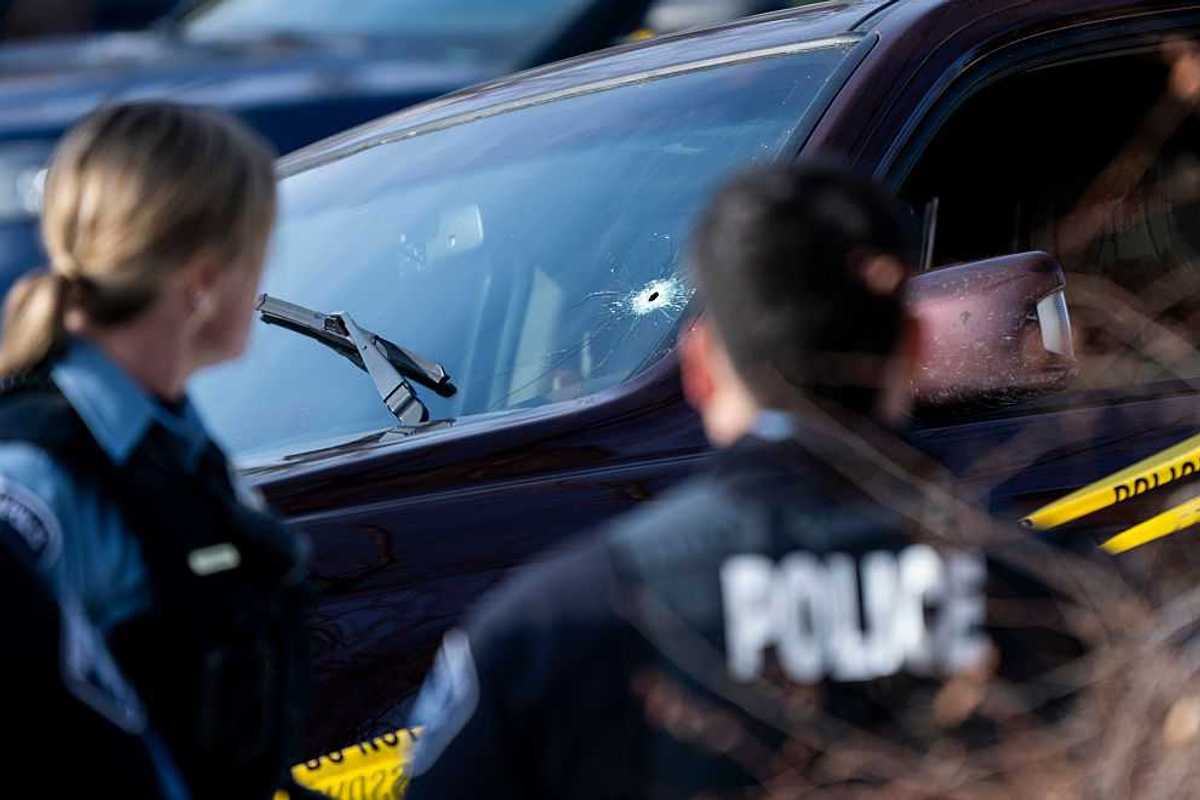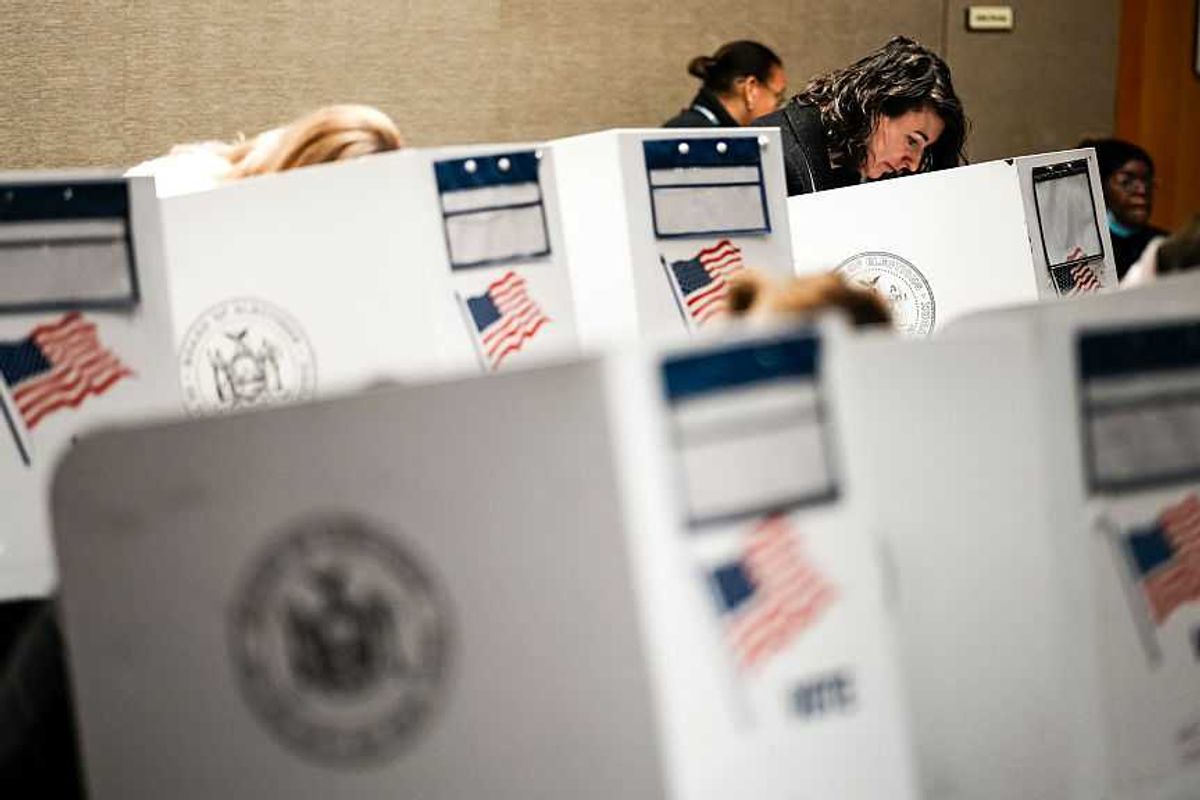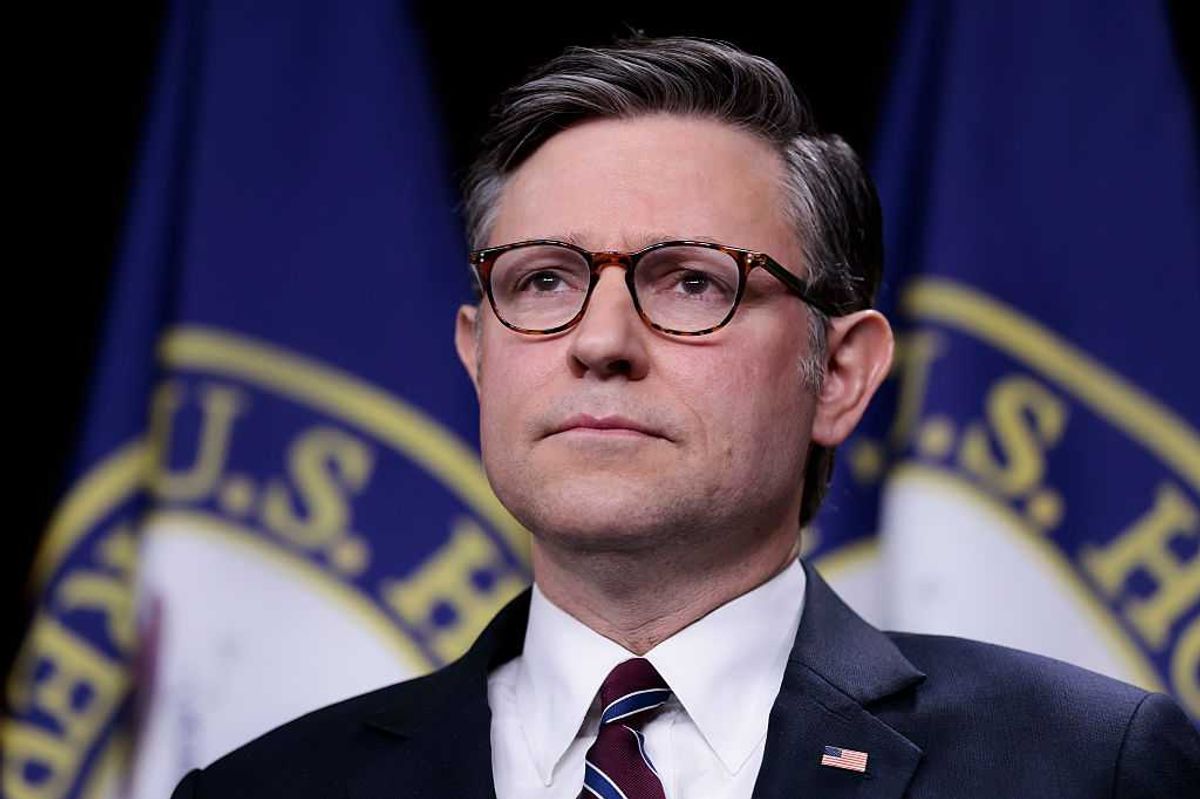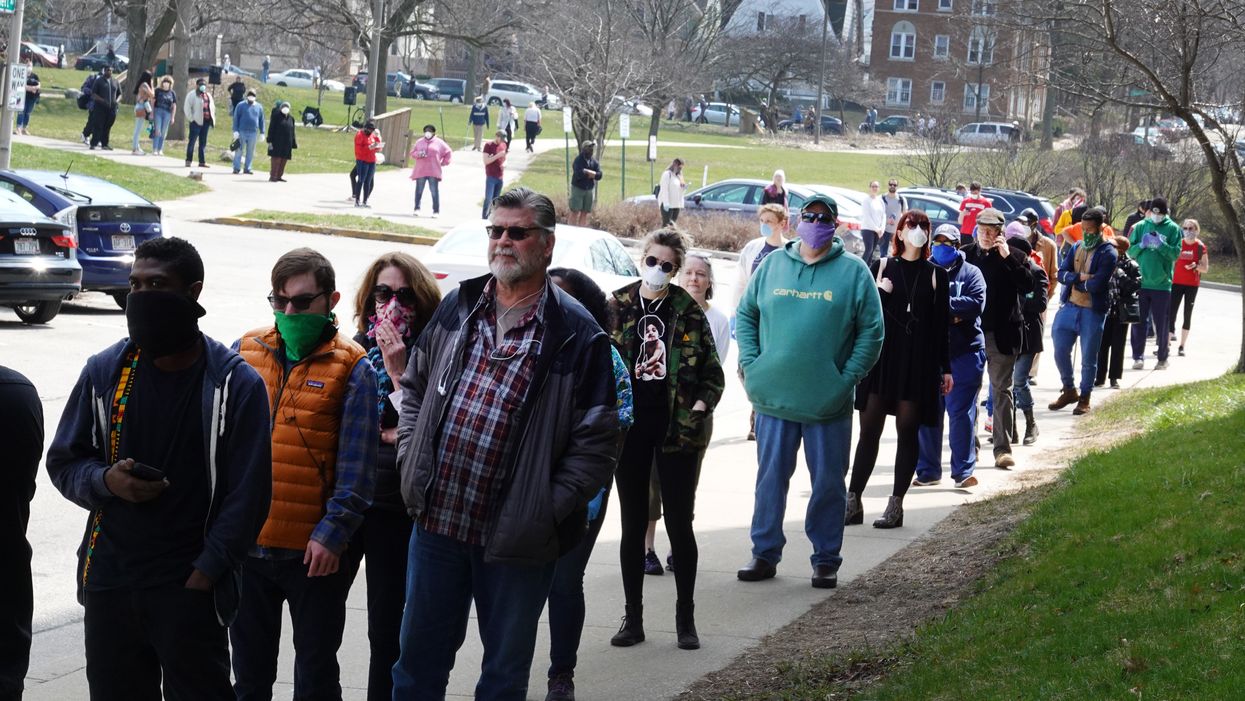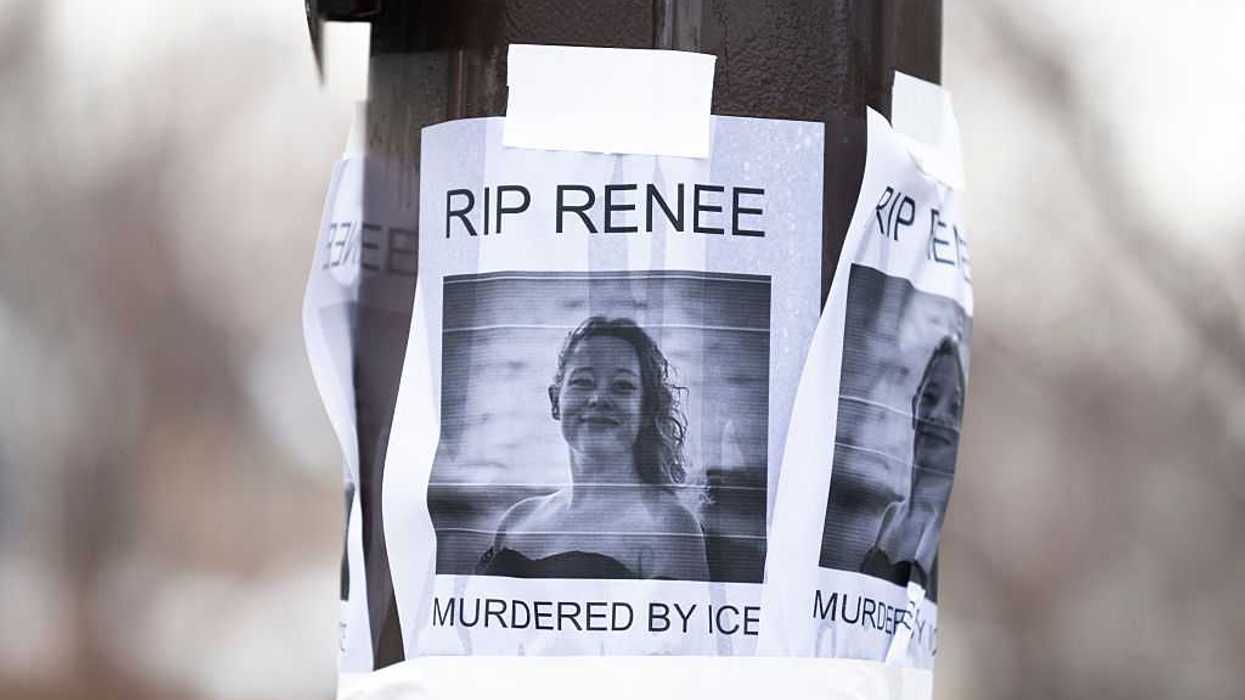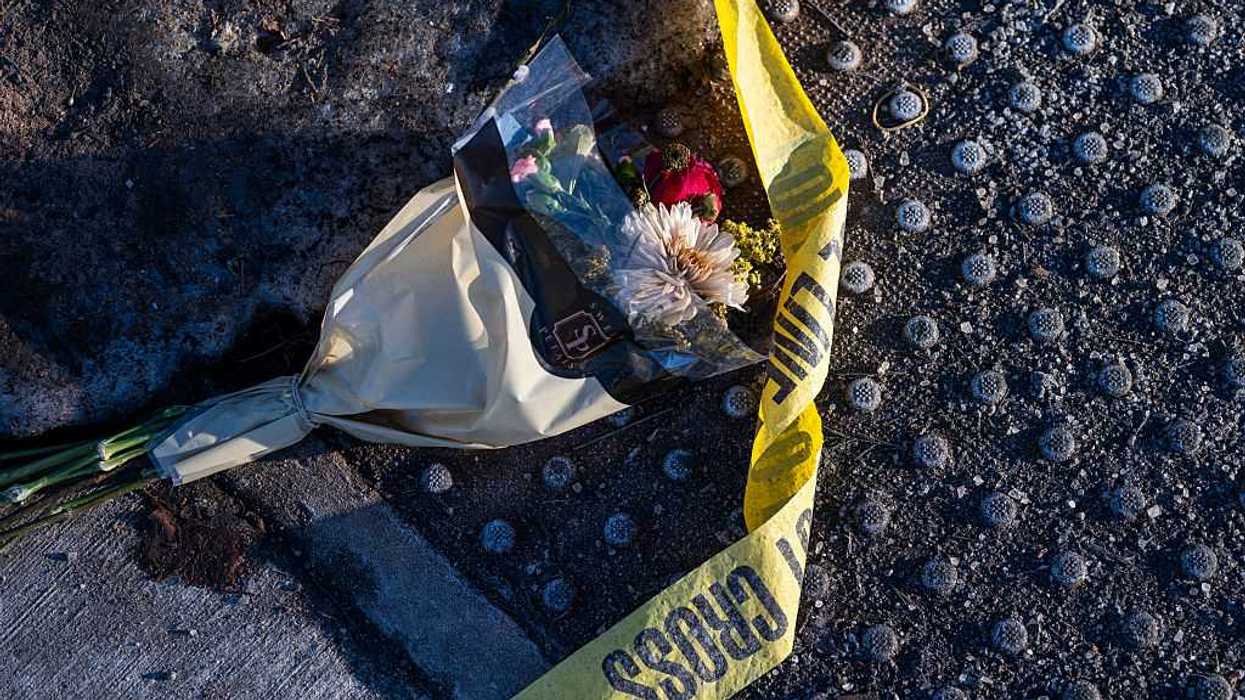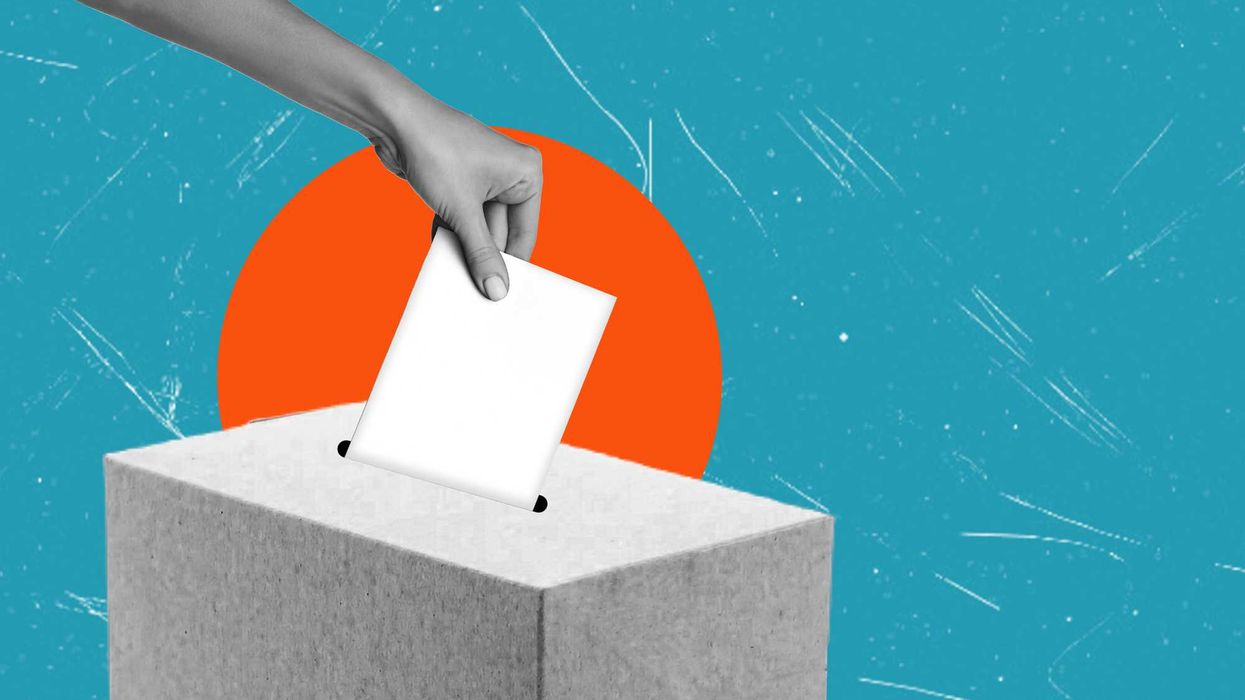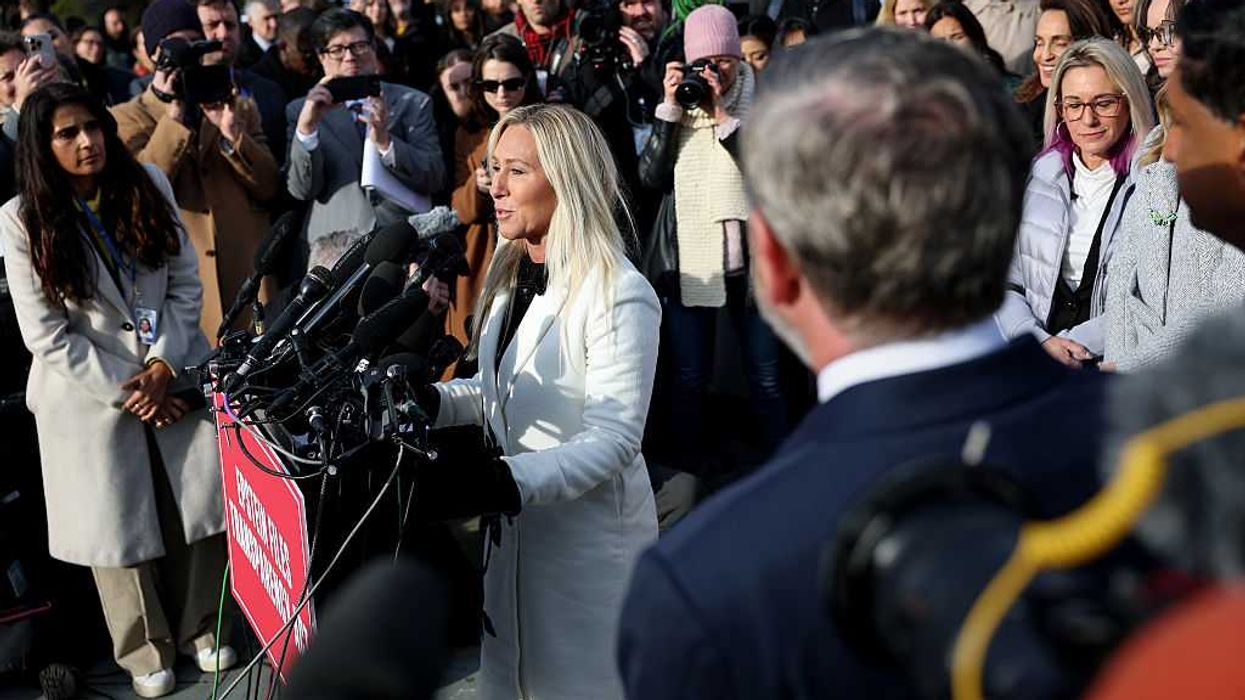The coronavirus has forced a fundamental reassessment of how best to allow citizens to both stay safe and carry out their most important civic responsibility — voting.
Almost half the states have already eased restrictions that would make it tougher to cast a ballot during the pandemic, and more may do so soon. But at the same time, six states now stand out as having the most restrictive voting rules in the country. And those hurdles will either disenfranchise or threaten the health of millions this year, assuming critical adjustments are not made soon and Covid-19 continues to upend normal life until fall.
How governors, legislators, election administrators and the courts respond in these states — enormous and potential battleground Texas, deep blue Connecticut, and reliably red Mississippi, Missouri, South Carolina and Tennessee — will go a long way to determining how many Americans are prevented from participating in one of the most consequential elections in modern history.
The six — detailed below — stand apart after a handful of others with minimal voting safeguards, most recently Kentucky last week, have announced workarounds.
The most straightforward way to assess how problematic it is to vote in all 50 states is to look at their election laws and regulations. One compilation routinely cited by civil rights and democracy reform groups is from the Brennan Center for Justice, which has assessed every state's readiness to conduct an election during a pandemic based on 11 policies the progressive advocacy group says should be in place. They are:
- No-excuse absentee balloting, permitting millions to easily avoid a trip to the polls.
- Early in-person voting, allowing people to avoid potentially long lines on Election Day.
- Online applications to vote absentee, meaning no special trips to print and deliver forms.
- Online voter registration, for the same reason.
- ID-free absentee voting, lowering hurdles for those without drivers' licenses or other government identification.
- Witness-free absentee ballots, so solitary or ill people don't need to get close to someone willing to countersign their forms.
- Postage-paid return envelopes, eliminating the main expense and inconvenience of voting by mail.
- Counting ballots postmarked by Election Day, even if the mail delays their delivery as long as a week afterward.
- Informing voters immediately if they've cast invaild absentee ballots and giving them a chance to fix the problem.
- Registration and voting on Election Day, so those focused on economic or family troubles until the last minute could still cast a ballot.
- Voting centers on Election Day, for those who may not find their home precinct most convenient.
This combination of policies is supported by many independent election experts and significant numbers of state and local election officials from both parties. It was also central to guidelines released in March by the National Task Force on Election Crises, a cross-partisan group of 40 experts in election law, election administration, national security, cybersecurity, voting rights and emergency response.
Based on this agenda, Mississippi stands alone as the least prepared of any state for holding an election during a health emergency where social distancing and staying out of public spaces is strongly recommended. It has just one of the 11 policies in place: No identification is required to complete an absentee ballot.
Mississippi — along with Connecticut, Missouri and South Carolina — are on the roster of just 10 states that don't allow all voters to cast ballots in person before Election Day, which in the rest of the country will limit overcrowding Nov. 3 and provide options for elderly, disabled and working people with scheduling and transportation challenges.
But the item on the policy roster being pushed hardest by democracy reform organizations is permitting "no excuse" absentee voting, because that would allow millions who fear catching Covid-19 to fill out their ballots at home and return them through the mail or in a socially distant drop box.
Laws on the books in all six of the most problematic states require absentee ballot applicants to declare their reason for doing so, generally from a finite roster or available excuses usually including disability, illness or age, and travel, work or religious obligations.
Such a requirement is labeled by good governance groups as antiquated and unnecessary, if not personally invasive. And it would undeniably dampen turnout in November, when many are not going to feel comfortable heading out to a polling place even if restrictions on leaving the house and congregating with others are lifted by then.
Ten other states similarly require an excused absence from the physical voting booth: Alabama, Arkansas, Delaware, Kentucky, Indiana, Louisiana, Massachusetts, New Hampshire, New York and West Virginia. But all have either waived that requirement or deemed the coronavirus outbreak a valid health reason, at least for voting in their primaries.
Control over that decision was entirely in GOP hands in four of those states, and the governor and top elections officials are from different parties in four others — suggesting a decent level of bipartisan support for expanding mail-in voting this year.
That is not apparent from listening to President Trump and many other prominent Republicans.
"If anyone can submit an absentee vote without a valid reason it raises the potential for voter fraud," Gov. Kay Ivey of Alabama told reporters last month. "And, y'all, in the middle of a public health crisis we don't need to open that up and add extra problems to our plate."
Trump voted absentee in this year's Florida primary and the 2018 midterm but has said repeatedly in recent weeks that voting by mail is "horrible," "corrupt" and "a very dangerous thing for this country, because they're cheaters."
At least as notably, he said he resisted efforts to legislate easements of election rules in the $2 trillion economic rescue package a month ago because those would have produced "levels of voting that, if you ever agreed to it, you'd never have a Republican elected in this country again."
Here is a countdown of the six states that look to have the most obstacles to conducting a high-turnout election during a pandemic — from bad to worst.
6. Texas
The second-most-populous state does have five of the 11 policies in place. There are 17 days of early voting and Election Day voter centers; there are no ID or witness signature requirements when casting an absentee ballot; and late-arriving mail ballots get counted if postmarked on time. There is also a limited do-over policy when absentee ballots get rejected. But voter registration ends a month before Election Day, there's no way to register online and an excuse is required for an absentee ballot.
A Democratic state judge ruled this month that the pandemic is enough of a reason to use mail-in ballots, but GOP Attorney General Ken Paxton says he adamantly opposes the idea and is appealing. If he prevails, the state's numbers may look like 2018, when just 6 percent of the 15.6 million votes were by mail.
5. Tennessee
Five of the policies are in place: 20 days for early voting, voting centers, online voter registration, no ID required for mail ballots and no one required to countersign a mail ballot. Registration is closed a month before the election, though, and the prospect of easing the excuse requirement for an absentee ballot is remote.
The General Assembly has altered several election laws this year but defeated a proposal to allow people to vote by mail because of the coronavirus. The debate may be revived when lawmakers return in June. Republican Secretary of State Tre Hargett opposes the idea as too expensive. Mail ballots accounted for only 2 percent of the 4.2 million total cast 2018.
4. Connecticut
The state has online and same-day registration, and does not require an ID or witness signature with a mail ballot. But there are no voting centers or early voting. And an absentee ballot application (which must be returned by mail or fax) allows only six narrow excuses for not voting in person — which is why only 6 percent of the state's 2.4 million voters used the mail last time.
After first rejecting the idea, Democratic Gov. Ned Lamont three weeks ago asked state lawyers if he can issue an executive order allowing unfettered mail voting during the pandemic. He has twice delayed the presidential primary. It's now Aug. 11, the same day as nominating contests for Congress and the Legislature.
3. South Carolina
The state has only a couple of the policies fully in place. Would-be voters may register online, but not within a month of the election. (And the application's demand of a full Social Security number, as in only four other states, is being challenged in a federal lawsuit.) No proof of identity is required with an absentee ballot, which may be returned in person ahead of time — but only by someone meeting precise excuse requirements. And very few do: Just 4 percent of the 1.7 million votes in 2018 were by mail.
Two lawsuits, one brought by the NAACP and the American Civil Liberties Union, the other by the Democratic Party, ask a state judge to declare anyone in the state may vote absentee this year. One of the acceptable reasons for voting at home is a physical disability and the pandemic fits that definition, the lawsuits claim. GOP Attorney General Alan Wilson has not offered a response to that argument
2. Missouri
The Show-Me State has shown little interest in policies that ease voting during the pandemic. Just three are in place: online registration, ID-free absentee balloting and postage-paid envelopes for returning those ballots. But there are no voting centers on Election Day and no places for casting a ballot ahead of time. That may help explain why 9 percent of 2.5 million votes cast in 2018 were mailed in — even though that required first mailing in an application providing an excuse to vote absentee.
The ACLU this month has sued in Missouri, as well. It argues that since standing in line at the polls is a health risk, and an acceptable excuse is illness or physical disability, "avoiding the contraction of the coronavirus" should be reason enough for absentee voting in the Aug. 4 primaries and the fall. Republican Secretary of State Jay Ashcroft says he doesn't have authority to make that change.
1. Mississippi
Perhaps it is not surprising the place with perhaps the longest and most notorious record of voter suppression tops the list of least hospitable states for voting during this year's crisis. There is no in-person early voting. There are no Election Day voting centers. Registering online is not allowed, registering by mail has to be done a month before the election — and, unlike every other state, applicants who are naturalized citizens must provide documentary proof.
Mississippi is also alone in having enacted only one of the 11 top policies that make balloting easier in a pandemic: No ID is required to vote by mail. But applying for an absentee ballot has to be done on paper, and the form allows just two acceptable excuses — being disabled or being out of town on Election Day.
In the last election, only 7 percent of nearly 1 million ballots cast in 2018 arrived by mail — and that share is unlikely to grow this time. The state's primaries were in March, before the public health emergency took hold, and the conservative Republican state government has done nothing to signal interest in easing vote-by-mail rules for November.
